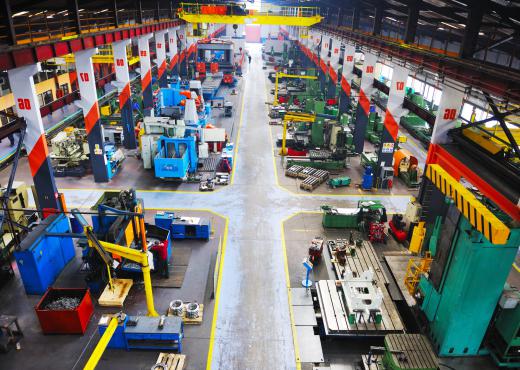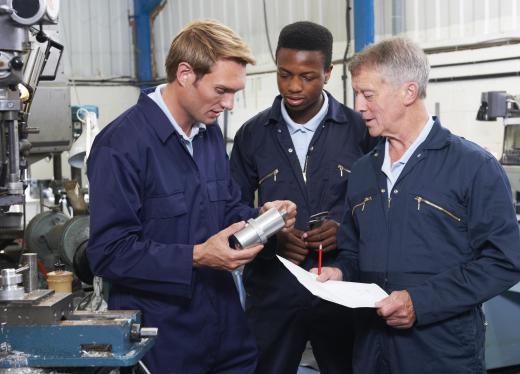Sustainability is a concept that is constantly expanding in the 21st century, touching new areas of life and business by prompting people to consider alternatives that make a positive overall differences. The U.S. Department of Commerce’s International Trade Administration defines sustainable manufacturing as the creation of manufactured products that use processes that minimize negative environmental impacts; are safe for employees, communities, and consumers; and are economically sound. Meeting these standards can require a wide range of changes, such as eliminating the use of renewable resources, converting to clean energy sources, and implementing more efficient production processes.
In the past, most manufacturing was done without adequate regard for the welfare of people, nature, and life in the future. Sustainable manufacturing differs in that it aims to improve conditions in the present while considering the impact that will be made on the lives of upcoming generations. It eliminates attitudes where consumer demand overshadows consequence.

One of the main focuses of sustainable manufacturing is showing a higher level of regard for the environment. There is usually a long list of issues that need to be addressed if a business is to meet these standards. Two examples include reassessing the types of materials that are used and the manner in which they are used. The use of non-renewable natural resources is a major environmental concern because these materials cannot be replaced, and some have already been reduced to alarming levels. Finding renewable resources to replace the use of these materials moves a business toward sustainability.

Still, even when resources are renewable, sustainable manufacturing further aims to eliminate wasteful and damaging processes. Manufacturers can manage their waste levels by implementing more efficient production methods and recycling or reselling byproducts. Eliminating the damaging effects of producing goods can be accomplished by using clean technology and energy sources.
It is generally realized that manufacturers are in business to make profits, and most have the responsibility to fulfill financial obligations to their shareholders. Although sustainable manufacturing does not aim to redefine this aspect of business, it does highlight the social obligations that businesses also have. In addition to protecting the environment, it is also necessary to protect people and their communities.
Throughout time, the ways that manufacturing can adversely affect people and their ways of life have been well documented. For example, in many cases large-scale manufacturing operations acquire land that was previously used for agricultural or domestic purposes, or their production processes contaminate land and water that was previously relied on by surrounding communities. As more businesses move toward sustainability, such social issues will begin to disappear.
